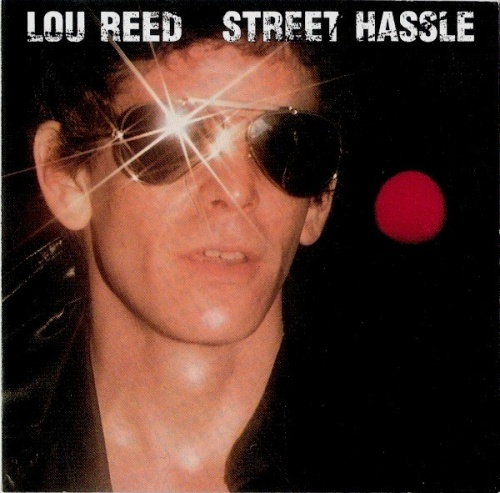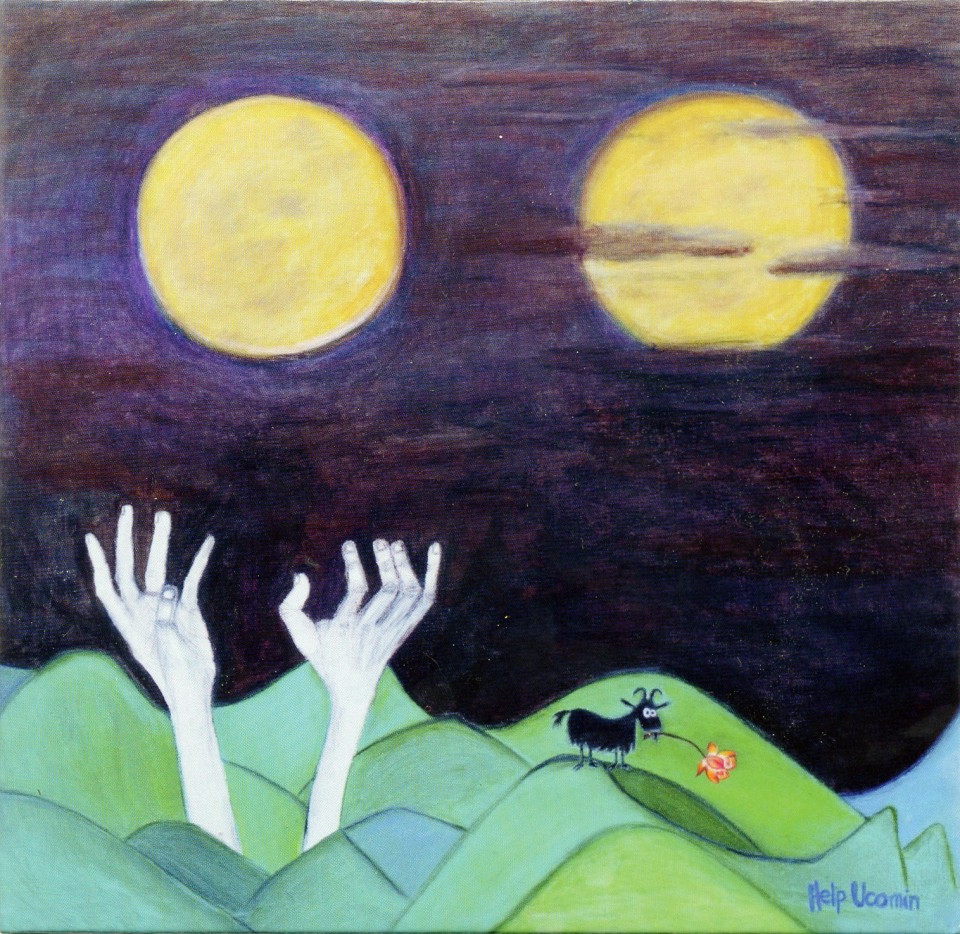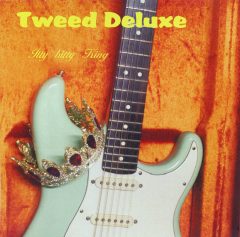 |
| ITTY BITTY KING--Tweed Deluxe |
A confession, an admission, a sliver of honesty, whatever you want to call it: I am a blues harmonica player, 50 years in the practice. Some think what I do is hip, slick, and cool. What I’d say is that I’m not bad at all and that my love is inspired by Paul Butterfield, Charlie Musselwhite, Little Walter, and others who pushed the diatonic harmonica to unexplored terrains. These were the guys who, gripping their small instrument in their hand, vowed with a clenched fist to never take a backseat by a spotlight-hogging lead guitarist again. The goal seemed to be to keep the spotlight on themselves and tell all the other musicians to go start their own bands if they wanted more time out front, recycling their chops at brisker tempos.
The confession is that I play along to records while they play, and especially albums I’m supposed to review. It's a compliment, though that does sound like saying you love and appreciate the information someone is giving to you as you continually interrupt them. But it is, as I like to think that my fingers twitch and my lips pucker to blow some riffs when the music provokes it, motivates it, inspires both muse and nerve endings to fire synaptic rhythms and compel me to engage in the audio commotion, making all the sour notes hit the sweet spots.
This is the case with Tweed Deluxe’s debut album, Itty Bitty King. Formed in 2010 the trio has been playing blues and blues-rock style material in San Diego for seven years and now come forward with a disc of original and surprisingly diverse songs, all written by lead guitarist and singer Michael Oleata. This man, you may gather, is a live-wire guitarist, alternately loose and snappy in his phrases, insistent but relaxed, teasing with half-phrases and short runs, making superb use of space to create anticipation for the next blitz. And blitz Oleata does, stepping up the pace and letting loose with achingly sweet cascades of notes. With the steady and able assist of Lyle Koonts on bass and Robert Sheehan on drums and percussion, Oleata works out, digging deep into the E string for an earthy, grunge straight from the Delta blues tradition, switches his tone and integrates gold-toned country inflections, and makes unusually elegant and tasty use of the wah-wah pedal.
This the kind of playing you hear walking past a club on a Friday night, near the last call, when the musicians leave the chord progressions they’ve rehearsed and expressed a soulful elegance you don’t get during prime time. Something grabs you by the shoulder and makes you poke your head through the door, take a seat, order a drink, and soak in the flow from the bandstand. Oleata is a developing songwriter, making use of different styles with confidence, particularly in the title song, a skipping swing tune that gives tribute to a love interest that has knocked the narrator off his feet. There is strong promise in his vocals as well, which are expressive and expansive, although missing a pitch point. He sings widely, sometimes too wide. But there are times he relies on his the grit of his lower register and makes one think of the husky talk-sing of the late Phil Lynott of Thin Lizzy. Oleata’s singing has verve and experience, but he’s on track to honing his voice to a sharp instrument of expression no less commanding than his guitar playing. Tweed Deluxe is a strong band, extending what one can do with a song-based guitar trio. Itty Bitty King intrigues and thrills with confident guitar improvisations against a sure-footed rhythm section. The songwriting is under construction, but there are ideas here that jive, jolt and catch you off guard often enough to warrant further attention. Wouldn't it be a grand thing if there were another blues-inspired album as exceedingly brilliant as Johnny Winter And's self-titled debut album from 1979? Oletta, Koonts and Sheehan are a crew that could bring that off.
(This appeared in slightly different form in THE SAN DIEGO TROUBADOUR.
Used with kind permission).

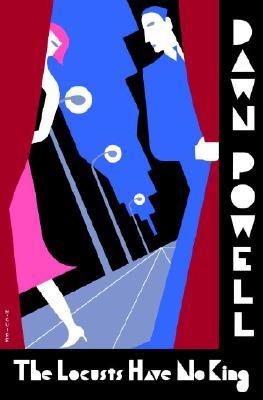

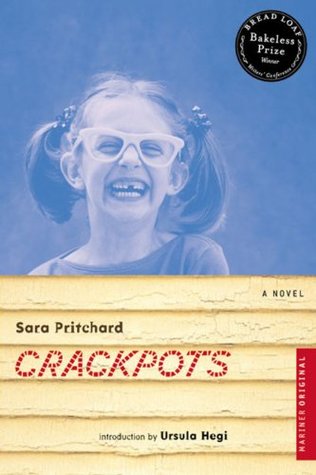


:format(jpeg):mode_rgb():quality(40)/discogs-images/R-9672184-1484526024-8131.jpeg.jpg)
